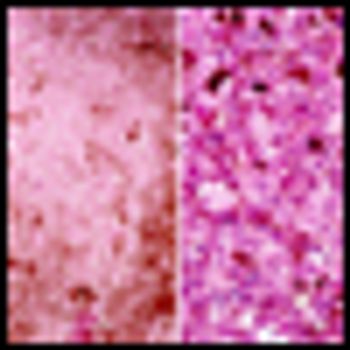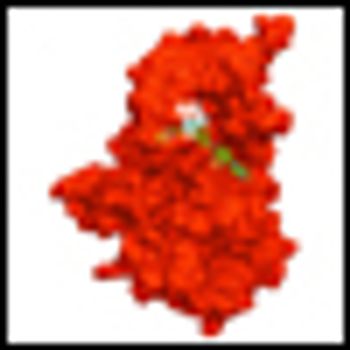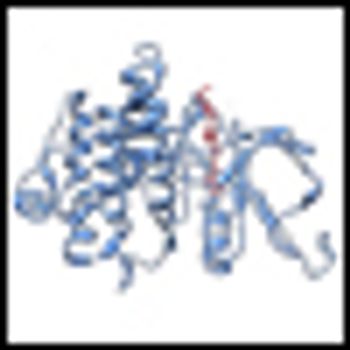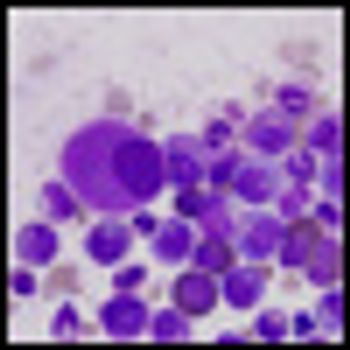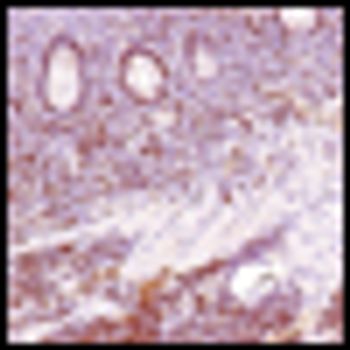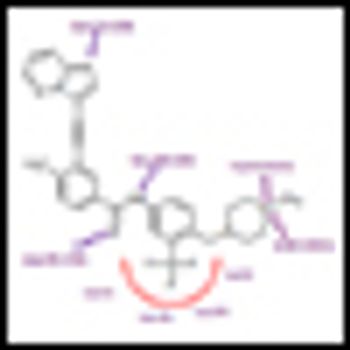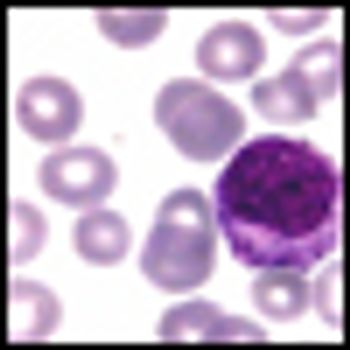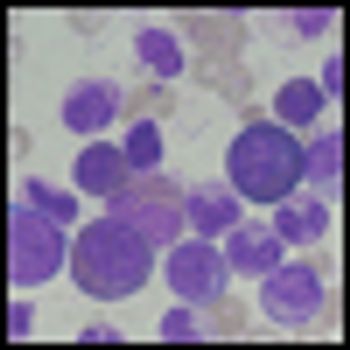
It is easy to anticipate that as the complex biology of CLL continues to unfold, new prognostic and predictive biomarkers will be recognized. The discovery of genetic mutations that are key regulators of the development, growth, and proliferation of CLL leukemic cells augurs an alluring future.





































